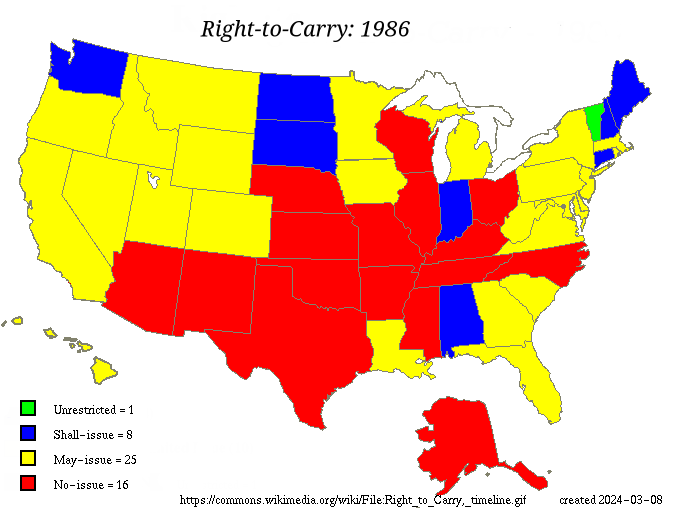We're at the era of the Internet. So, for many, knowledge and research evaluation has been translated to counting citations: the more citations you have, the better you are. So they think.
But, of course, they're wrong. I won't insult anybody's intelligence by presenting obvious arguments that show how faulty the process above is. I leave it as an exercise for the reader.
Cui bono, however, one should ask. Well, again the answer is obvious.
But something worse is happening now. Publishers don't leave me alone. They *force* me to look at every instance a paper of mine is cited.
And, yes, I did try to unsubscribe, but it didn't work.
Lately, I published a paper in an Elsevier journal. I must have received 100 emails or so related to that paper: "Your paper is about to appear" "One week before the appearance of your paper." "Your paper appeared on out site." "Your paper is about to appear in the printed version." "Your paper appeared in the printed version, send us money and we'll send you hard copies." And then: "Someone clicked and checked your paper" "Here are some new papers that are related to your work." And so on.
I don't want to be misunderstood: of course I'm interested for further research but not when a robot decides, on the basis of some stupid algorithm, that someone's work is close to mine. I want to talk to human beings, not to your spamming robots Elsevier!
But, of course, they're wrong. I won't insult anybody's intelligence by presenting obvious arguments that show how faulty the process above is. I leave it as an exercise for the reader.
Cui bono, however, one should ask. Well, again the answer is obvious.
But something worse is happening now. Publishers don't leave me alone. They *force* me to look at every instance a paper of mine is cited.
From: Elsevier CiteAlert [citealert@mail.elsevier.com]
Sent: Wednesday, June 17, 2015 5:48 PM
To: Takis Konstantopoulos
Subject: Dr. T. Konstantopoulos, your work has been cited.
Damn Internet and email. I don't care to be reminded. I'll look it up myself if and when I need to. I don't need some robot telling me my cited papers. Cui bono, in this case? Well, obviously Elsevier. They want me to click at the paper citing my paper and then, in return cite their paper, etc. This is beneficial for the profits of Elsevier and they think that this is beneficial for me too. I don't care Elsevier. Leave me alone.Dear T. Konstantopoulos,The CiteAlert team
It is our pleasure to inform you that your publication has been cited in a journal published by Elsevier.
Through this unique service we hope we can offer you valuable information, and make you aware of publications in your research area.
Best regards,
And, yes, I did try to unsubscribe, but it didn't work.
Lately, I published a paper in an Elsevier journal. I must have received 100 emails or so related to that paper: "Your paper is about to appear" "One week before the appearance of your paper." "Your paper appeared on out site." "Your paper is about to appear in the printed version." "Your paper appeared in the printed version, send us money and we'll send you hard copies." And then: "Someone clicked and checked your paper" "Here are some new papers that are related to your work." And so on.
I don't want to be misunderstood: of course I'm interested for further research but not when a robot decides, on the basis of some stupid algorithm, that someone's work is close to mine. I want to talk to human beings, not to your spamming robots Elsevier!






